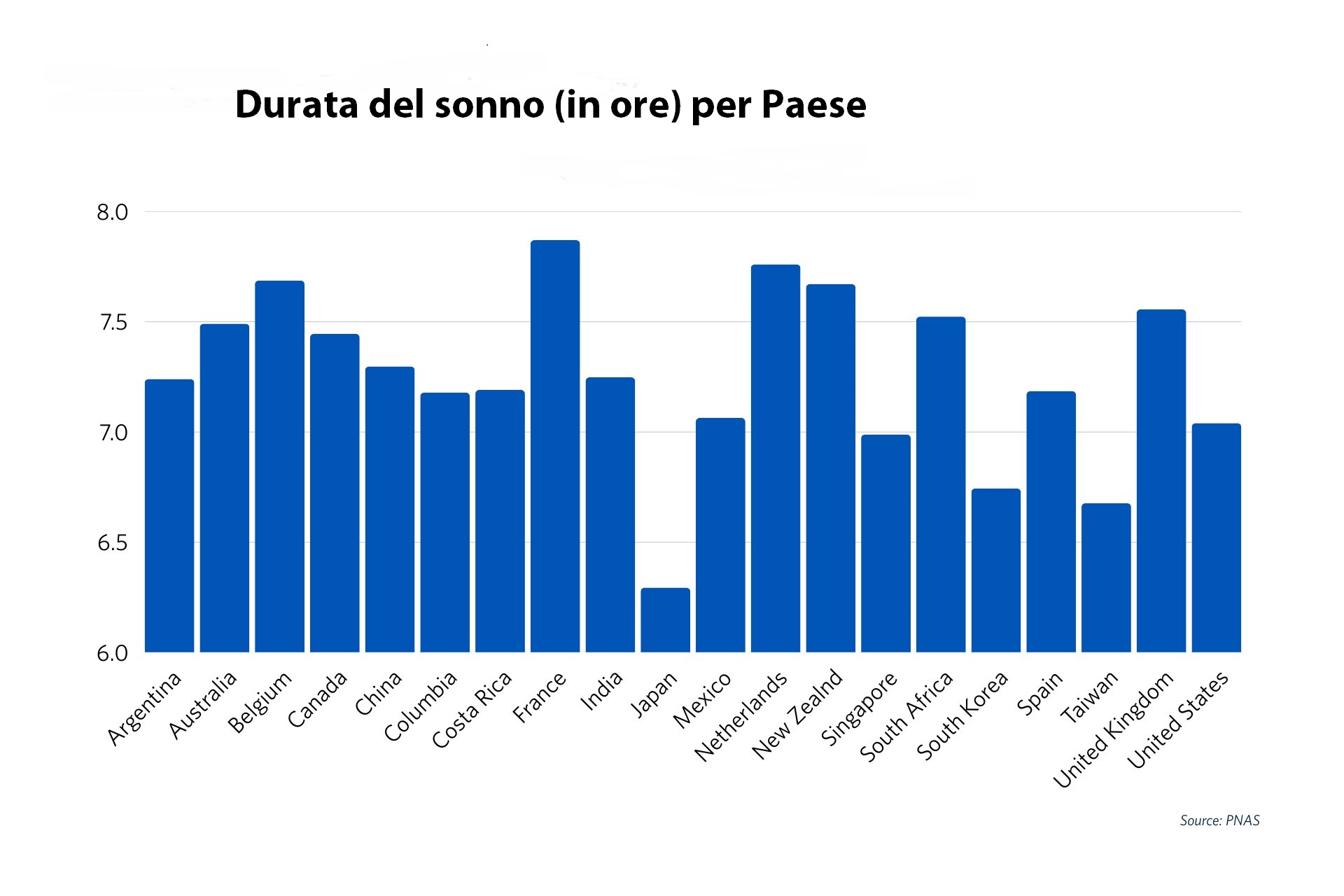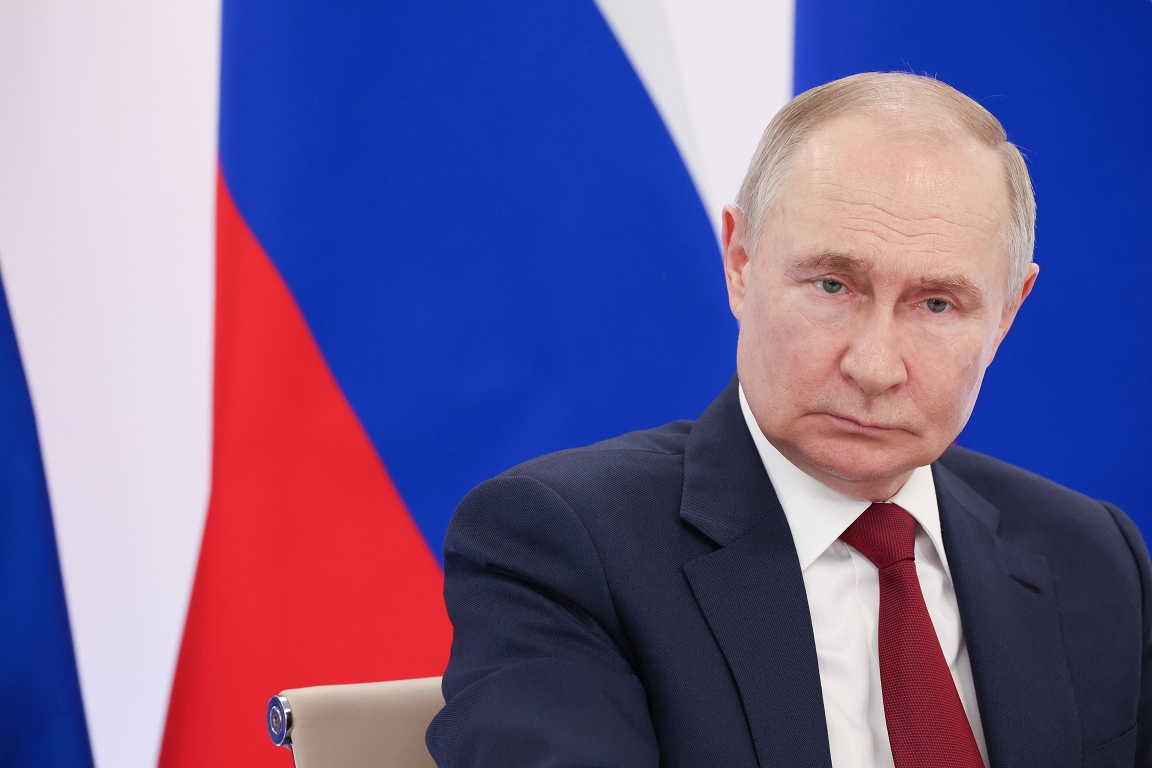The ports and the new European security frontier

In the age of global value chains and geopolitical disruption, the ports are no longer only points of entry and exit of goods. They are today vital pieces on the European strategic board – logistics, energy platforms, defense access doors and, inevitably, potential targets. The new European port strategy, about to be revealed, is the political and technical response that the moment requires. And unlike previous initiatives, it promises not only recommendations but concrete rules, guided by security and resilience.
With the war on the door of Europe and the increasing pressure from authoritarian powers such as China, the European Commission proposes a new paradigm: all EU strategic ports must have a dual – civil and military use capacity. It is a matter of ensuring that, in case of conflict or disaster, European ports can respond quickly, safety and interoperability with the born. It is not a question of militarizing trade, but of preparing infrastructures to function when it matters most. A port that does not serve defense interests cannot, by definition, be considered strategic.
Cyber attacks, submarine cable sabotage, and perhaps the most worrying, silent control of terminals by foreign state companies – especially Chinese. Cosco and China Merchants already hold participations in almost 30 EU terminals, including Pyreu, Hamburg, Marseille and Valencia. We are not facing neutral investments. We are facing instruments of state influence. Europe cannot claim surprise – the signs are in sight.
And they are not just the big ones like Rotterdam or Antwerp that matter. Ports such as Setúbal, Klaipėda or Constança are vital to regional response, military mobility and, for example, the fight against organized crime. Half of the EU’s most dangerous criminal networks use ports for drug trafficking and weapons. The strategy will finally recognize this, and channel resources to reinforce security, modernize customs and apply cutting-edge technology also on these key points.
Europe remains an open economy and should remain so. But this opening needs vigilance. Foreign direct investment control mechanisms should be reinforced, covering not only direct but also indirect investments – through subsidiaries and opaque contracts. What is at stake is not to close the door to foreign investment, but ensure that we know who enters, with what intentions and with what consequences.
The new European port strategy is ultimately a golden opportunity to rebalance the priorities of the continent. The time of the laissez-faire port is over. In an age of geoeconomic competition, hybrid threats and global disruption, European ports must be as resilient as it is efficient. And that requires leadership, coordination and vision. Because in a world where opponents play with strategy and intention, Europe cannot continue to play the defense.
It’s time to see the ports as they really are: not just commercial entrances, but entry doors to European sovereignty. And these doors have to be well watched.
MEP CDS







:format(webp)/s3/static.nrc.nl/wp-content/uploads/2025/05/01125733/data131131207-4ffa2d.jpg)